NSHIP improves access to health care in Taraba
 In its commitment to provide quality health, the Nigeria State Health Investment Project (NSHIP) has improved access to healthcare services at cheaper rates, especially for rural communities in Taraba State.
In its commitment to provide quality health, the Nigeria State Health Investment Project (NSHIP) has improved access to healthcare services at cheaper rates, especially for rural communities in Taraba State.
Consequently, its effort has begun to yield positive results as the programme has covered 47 per cent of the populace.
Outbreak of Diarrhoea Hits Borno
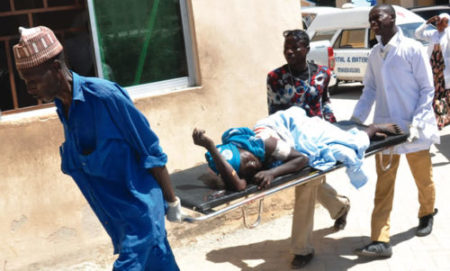 Borno state government has raised the alarm over the outbreak of diarrhoea, reporting 1,068 cases. The Acute Watery Diarrhea (AWD) hit 10 local government areas of the state.
Borno state government has raised the alarm over the outbreak of diarrhoea, reporting 1,068 cases. The Acute Watery Diarrhea (AWD) hit 10 local government areas of the state.
Dr Haruna Mshelia, the Commissioner for Health, said in Maiduguri on that the ministry and other partners were already responding to the incident.
Health Minister Decries Alarming Rate of Infants Mortality in Nigeria
::introtext::
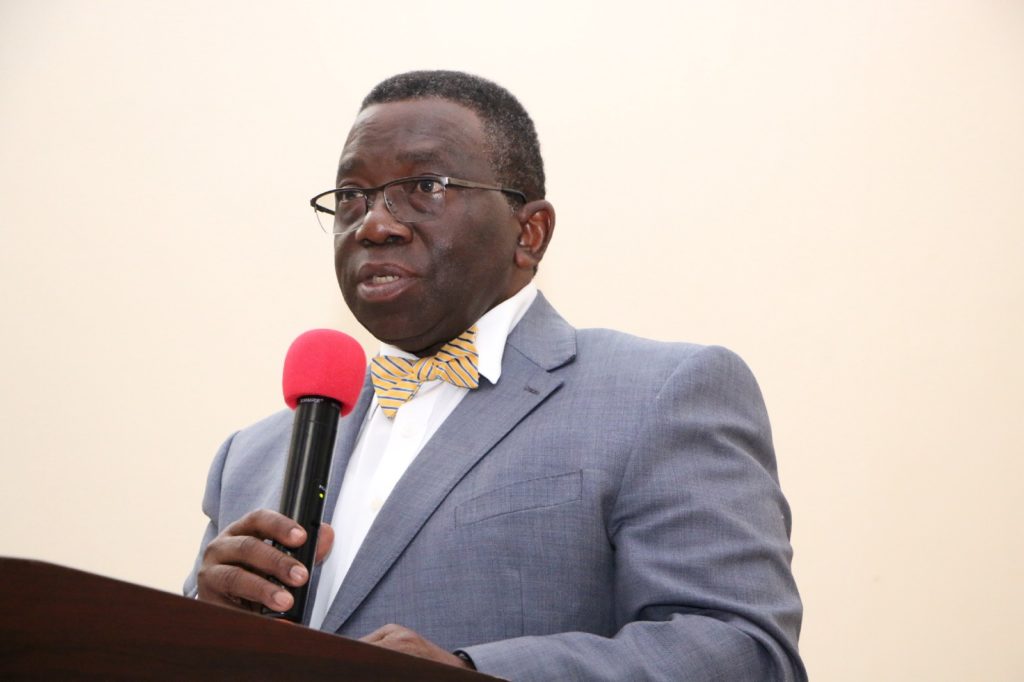 Worried by the disturbing statistics of infants’ mortality in the country, which has been described as the single largest contributor to the global annual mortality rate, the Minister of Health, Professor Isaac Adewole has said this is unacceptably high, as he identified inaccessibility to basic health and nutrition services as the main reasons for the colossal loss.
Worried by the disturbing statistics of infants’ mortality in the country, which has been described as the single largest contributor to the global annual mortality rate, the Minister of Health, Professor Isaac Adewole has said this is unacceptably high, as he identified inaccessibility to basic health and nutrition services as the main reasons for the colossal loss.
According to him, one of the major challenges facing the country is a high rate of infant mortality. “Nigeria is the single largest contributor to the global annual number of mortality rate; infant and child mortality rates are unacceptably high; a total fertility rate has remained stubbornly high and has worsened nutrition outcomes in children as well as immunization rates, especially among the poorest children”.
While regretting the development, he noted that those difficulties had grossly outpaced government spending on health and nutrition, coupled with government spending in recent years being unable to reach those who needed them most and doing little to reduce high and impoverishing out-of-pocket spending on health by poor Nigerians.
Prof. Adewole made this remarks at a forum organised by the Federal Government of Nigeria, the Global Financing Facility (GFF) and Partners, in Abuja, to co-finance efforts towards improving the health and nutrition of the poorest women, children and adolescent in the country.
In order to reverse the poor health indexes of the country, the minister announced that the Government of Nigeria is committed to ensuring that all Nigerians, particularly women, children and adolescents facing some of the most challenging circumstances in most places, have access to basic health and nutrition services that they need without becoming poorer by paying for them.
He said, “the GFF has created a new sense of awareness that we must put our money on the table for these essential investments in our people and use them in even smarter ways and that is something that has not been done before.
To this end, Adewole maintained that the grant from the GFF would co-finance early implementation of the Basic Health Care Provision Fund (BHCPF) with funds mobilised from the government and other contributors, starting in three states: Abia, Niger and Osun.
Following the start-up phase, the minister revealed that the Nigerian Government would provide most of the financing for the scale-up to the remaining 33 states and the Federal Capital Territory.
Also speaking, the Director of the GFF, Mariam Claeson, who expressed his views through the press state released by the Federal Ministry of Health, said that Nigeria’s commitment to sustainable financing health and nutrition was a beacon for other countries as they worked closely with the GFF to make sure the investment they made lasted for years to come.
‘’The Government of Nigeria will make an enormous difference in the lives of millions of Nigerians by making a lasting investment in the health and nutrition of women, children and adolescents, the foundation of the society and the economy’’.
Source: Pharmanews
::/introtext::::fulltext::::/fulltext::
USAID gives $26.5 million to support Nigeria
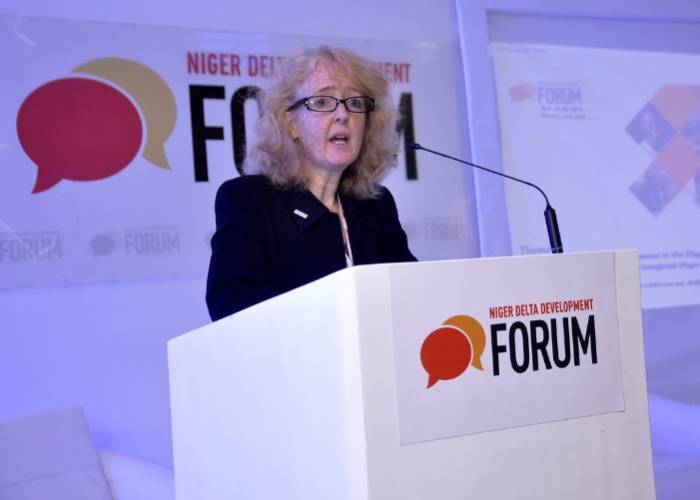 Nigeria has won a new funding of $26.5 million to support health care and good governance, courtesy of the U.S. Agency for International Development (USAID).
Nigeria has won a new funding of $26.5 million to support health care and good governance, courtesy of the U.S. Agency for International Development (USAID).
The agency said at the weekend that the additional support to Nigeria was made because of the country’s achievement in the development goals outlined in the bilateral Development Objectives Assistance Agreement signed in 2015,
UNICEF expresses concern about low birth registration in Nigeria
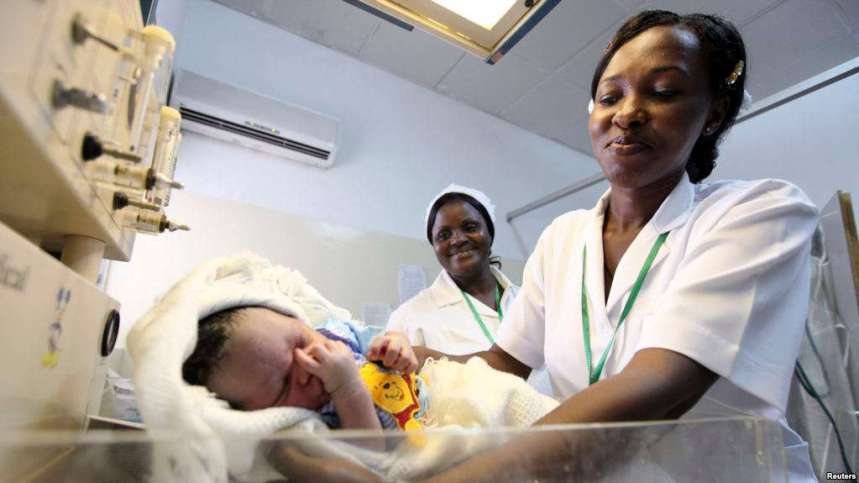 The United Nations Children Fund (UNICEF) has said Nigeria has the highest number of children without birth records among ten nations assessed in Africa. UNICEF urged the federal government to intensify birth registration for proper education and healthcare planning.
The United Nations Children Fund (UNICEF) has said Nigeria has the highest number of children without birth records among ten nations assessed in Africa. UNICEF urged the federal government to intensify birth registration for proper education and healthcare planning.
The UNICEF Child Protection Specialist, Sharon Oladiji, stated this at a media dialogue on Thursday in Lagos. The event was attended by officials of the National Population Commission (NPC), the agency responsible for the census, birth registration and others.
Physical Exercises, Mental Health go Hand in Hand, Says Physiotherapists
 Some physiotherapists on Monday in Lagos said that physical exercise of any sort was vital for good mental health, especially in the treatment of depression. The experts said that physiotherapy was also important in the well-being of people suffering long-term health issues.
Some physiotherapists on Monday in Lagos said that physical exercise of any sort was vital for good mental health, especially in the treatment of depression. The experts said that physiotherapy was also important in the well-being of people suffering long-term health issues.Nigeria’s Child Nutrition Status Worsens
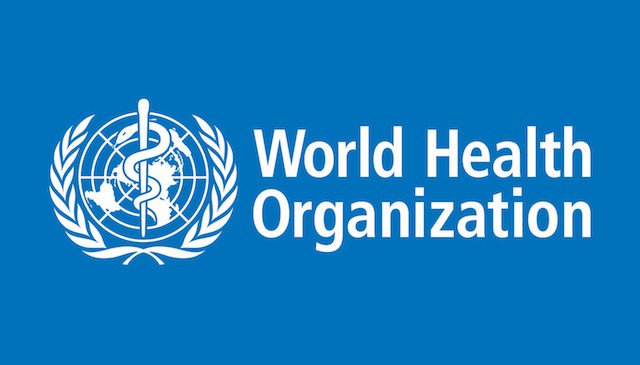 Unless there is urgent intervention, the future of Nigerian children is threatened following several reports showing worsening nutritional status of children in the country.
Unless there is urgent intervention, the future of Nigerian children is threatened following several reports showing worsening nutritional status of children in the country.
FG Considers 20m Children for Integrated Birth Registration
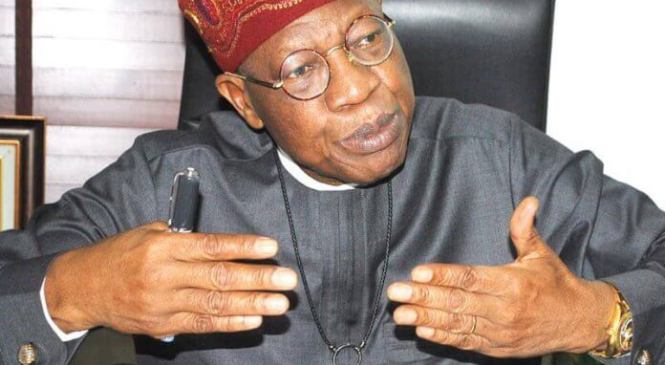 The Minister of Information and Culture, Mr. Lai Mohammed says 20 million children are being considered for the Integrated Birth Registration uptake approach.
The Minister of Information and Culture, Mr. Lai Mohammed says 20 million children are being considered for the Integrated Birth Registration uptake approach.
WHO, FG Mull Partnership With Private Sector On TB Control In Nigeria
 In a bid to end the scourge of Tuberculosis (TB) reportedly killing 18 Nigerians every hour, a national summit organised by the World Health Organisation (WHO), the Federal Ministry of Health, Lagos State Ministry of Health is considering forming a formidable partnership with private sector in the country to nip the problem in the bud.
In a bid to end the scourge of Tuberculosis (TB) reportedly killing 18 Nigerians every hour, a national summit organised by the World Health Organisation (WHO), the Federal Ministry of Health, Lagos State Ministry of Health is considering forming a formidable partnership with private sector in the country to nip the problem in the bud.Again, minister outlines challenges facing routine immunisation in Nigeria
::introtext::
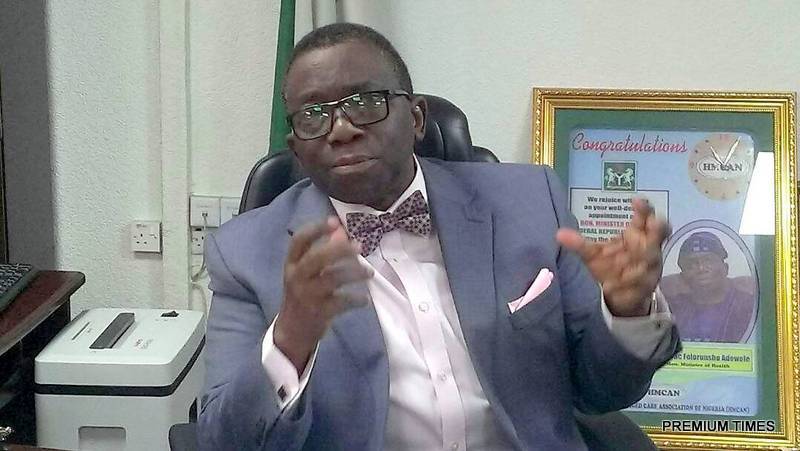 The Minister of Health, Isaac Adewole, has identified data falsification, low accountability, poor coordination, and weak service delivery as part of the challenges affecting effective routine immunization (RI) in Nigeria.
The Minister of Health, Isaac Adewole, has identified data falsification, low accountability, poor coordination, and weak service delivery as part of the challenges affecting effective routine immunization (RI) in Nigeria.
The minister, speaking at the 68th meeting of the World Health Organisation Regional Committee for Africa in Dakar, Senegal, assured the meeting of Nigeria’s commitment to immunization as a way of saving lives and improving health outcomes.
In a press statement signed by the director, media and public relations, Boade Akinola on Tuesday, the minister joined other members of the Global Alliance for Vaccine and Immunisation (GAVI) to share the challenges and successes achieved in routine immunization programmes on the continent.
This is with the aim to reviews strategies for improvement of RI in the continent, the release noted.
Mr Adewole, a professor of obstetrics, said the recently conducted Multiple Indicator Cluster Survey (MICS), in Nigeria, gave a clear picture of the immunization status as against the administrative data available in the country.
He said this has made the government declare a Public Health Emergency on immunization to enable the country to close all identified gaps.
According to Mr Adewole, the government came up with several initiatives to address some of the challenges; such as the establishment of National Emergency Routine Immunization Centre (NERIC), which primarily aims to revamp the country’s RI programme.
The minister, while identifying the major challenges as poor coordination, accountability, weak service delivery, and inaccurate data among others said in addressing the issues, the country has now developed zero tolerance for data falsification.
“NERIC has developed strong coordination and accountability structure with rewards and sanction for actors at the federal, state and local governments levels.
They also conduct daily progress monitoring meeting so as to identify gaps and deal with them appropriately,” he added.
Mr Adewole also noted that GAVI’s decision to extend the nation’s transition period to 10 years as against the earlier five years deadline has helped the country in mapping out funding plans to ensure sustainability after the withdrawal of GAVI’s support for immunization in Nigeria.
According to him, the country has a target of 80 percent immunization coverage. He also assured that the government would keep faith in GAVI and all other development partners. Other African countries also shared ideas and challenges similar to Nigeria.
The meeting agreed on the need to adopt measures of doing things differently to achieve better outcomes, increase the political commitment of state actors especially in the area of strong leadership and transparency.
They also agreed to ensure community and group participation which targets women and youth, have a strong data integrity regime and commitment to right recruitments.
Source: Premiumtimes
::/introtext::::fulltext::::/fulltext::






